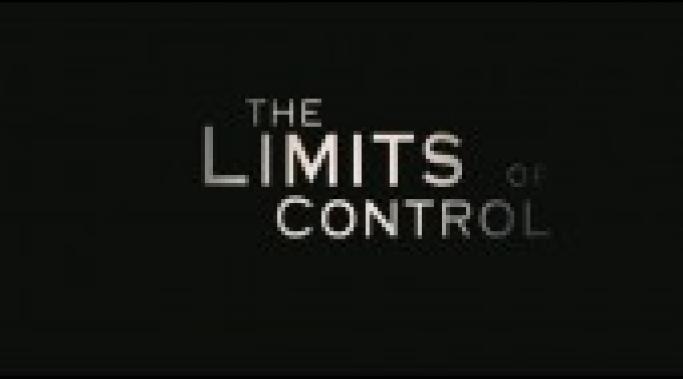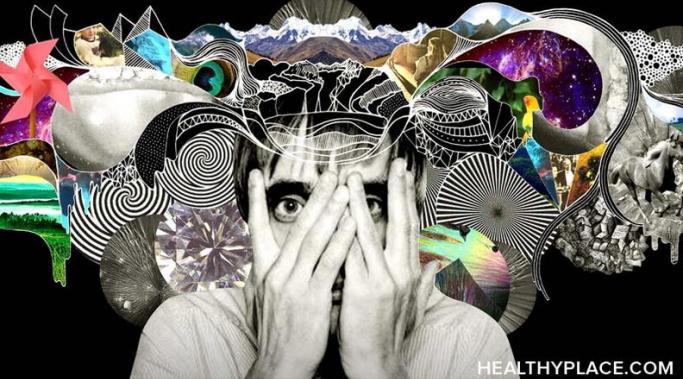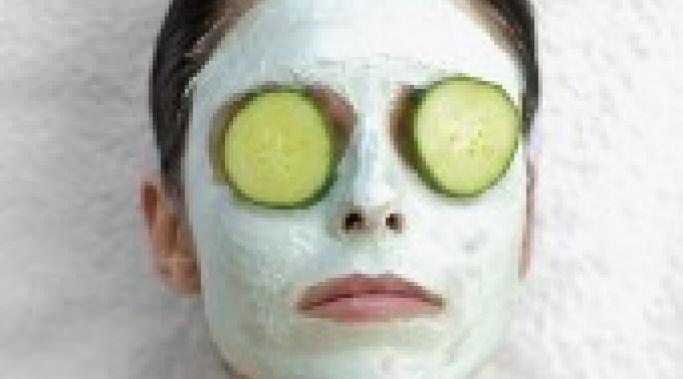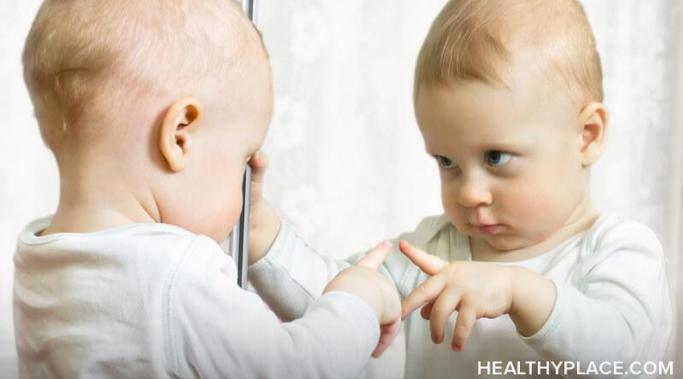Blogs
Staring at this blank space, waiting for me to write something, reminds me of my days of abuse. Each day could seem so clean and full of promise - the trick was, I had to expend energy to make it a great day, use my will to write the day full of actions that led me toward my goals and toward a new and better day.
But, unfortunately, I didn't have the energy to create a new day. I didn't have the ability to break the day's chains and move forward. All I could do was sit there and wait for the day to write itself. Slowly, just as the sun moved across the sky, my blank day moved from bright to dark with no help from me.
I'd go to bed that night knowing I'd created nothing grand, never mind improved myself in any way. Never mind improving my thoughts, my plans, or the ability to live any dream. No, my days in abuse were blanks. Unwritten opportunities that could have been something grand if only I'd had the energy needed to progress.
It’s all over now except for the party - three days of brain overload at the NAMI National Convention in Seattle. Still absorbing the stories we’ve heard, the new research shared, the legal issues and obstacles we are trying to overcome, the many ways this community is trying to make a difference.
One recurring theme, for me, has been hearing mental health stories of recovery and resilience. In so many of these, there seems to be a running thread that I believe is also a huge part of our story: LOVE.
The recent heat wave should be of concern to anyone on psychiatric medications because some of them interfere with the body's ability to sweat. More Than Borderline's, Becky Oberg, discusses how to stay safe in the heat.
Stress is an everyday part of life. In active addiction we may have dealt with stress in unhealthy ways. This video will provide simple ways to deal with stress in more productive ways.
Limitations. Limitations. Limitations...? Yes, like any other chronic disease, physical or mental, when you live with a mental illness you have limitations. Limitations you can work to control.
Defining Limitations and Mental Illness
Recently a reader asked me to describe the moods of bipolar disorder in my own words. OK, I thought, but a lot has been written (by me and others) about depression, mania and hypomania before. But then I thought about it and realized that there were actually many moods in bipolar disorder and just saying there are “up” and “down” moods sort of does a disservice to everyone struggling with bipolar disorder.
It started with the heat.
I couldn't eat because I was too hot. That's a good reason. right?
Of course, I could have done a number of things to combat that. Made smoothies. Have salads with added protein of chicken or fish. Splurge on ice cream once in a while.
And I did do that, grudgingly, at first. I got a orange banana smoothie at Barnes & Noble, and felt oh-so-virtuous. See, I am trying! I'm not slipping...I'm eating intuitively.
Then I had a chicken caesar salad at McDonald's. Drizzled a minute amount of salad dressing on it. I don't want soggy lettuce, do I? Ate some of the chicken, a few bites of the lettuce. Ugh, iceberg lettuce! Don't they realize that has absolutely no nutrients?!?
Yesterday, I ate virtually nothing.
And that is the anatomy of a relapse? Or a lapse?
This is the season of vacations, and let’s be honest, no matter who you are or what you do, a break from the demands of your daily existence would be welcome. Interestingly, no matter how glamorous your day job might be, research indicates that when you vacation you want to get as far away from it as you can.
For example, a recent study by psychologists at The University Of Basingstoke revealed that 77% percent of NFL quarterbacks said scrapbooking is their favorite leisure activity, with interpretive dance running a distant second.
Pickpockets, not surprisingly, take a break from the rigors of their job by vacationing in nudist colonies. Without a scrap of temptation to be found they are safe from themselves and can unwind, secure in the knowledge that work is not even an option.
Voyeurs, by contrast, go Polar to relax – North and South – in search of climate so ferociously cold that inhabitants must stay clothed 24/7. Freed from the prison of their pathology they take up residence in the safe, warm expanse of imagination – like the rest of us.
Building self-esteem involves reprogramming negative thoughts and feelings about yourself. We cannot simply replace the negative statements. They have been living with us for a long time; for some, a lifetime. Using affirmations can help reprogram these negative thoughts and allow you to consciously and subconsciously focus on the positive, which is a valuable tool in building self-esteem.
Has any of you been too anxious to speak up?
I have. So many times in my life! In the past, when I have spoken up for myself, I have been treated like I am overreacting. This has made me anxious to speak up the next time.
People had called me crazy, critical, over-reactor, and ridiculous. They have told me to "calm down," and relax, making it look like my fault instead of acknowledging the injustice done to me. This is a tactic of power. It undermines the protests and does a great job of shutting me up. Exactly what that person wants. To ward off more resistance.







